In today’s data-driven world, organizations rely heavily on the uninterrupted availability of data to maintain their operations. However, with the increasing frequency of disasters, cyberattacks, and human errors, ensuring data integrity has become paramount for businesses. While businesses are becoming more aware of the importance of data backups, most fail to test them. According to a 2021 research study by iland, more than 50% of the businesses only tested their disaster recovery once a year or less, and 7% did not conduct any tests at all. Unfortunately, setting up a data backup and disaster recovery solution is inadequate. Testing your backups, as well as all other aspects of your disaster recovery planning, is crucial to safeguarding your organization’s long-term interests.
This article delves into the critical importance of data integrity in disaster recovery and outlines how Pelican, with its advanced capabilities, can be a key ally in safeguarding your data during recovery processes.
Disaster Recovery: A Technical Necessity
Disaster recovery is a strategic framework designed to enable organizations to either maintain their operations or restore data and systems following unpredicted disruptions, be they natural disasters, cyberattacks, or human errors. The end goal remains consistent: minimize downtime and data loss to ensure business continuity.
The Crucial Role of Data Integrity
In the context of disaster recovery, data integrity stands as the keystone that secures the integrity of your entire system. It encompasses the accuracy, consistency, and reliability of data. In a high availability (HA) environment or during disaster recovery, compromised data integrity can have dire consequences, such as financial losses, regulatory compliance issues, and damage to your organization’s reputation.
To ensure data integrity, follow these technical steps:
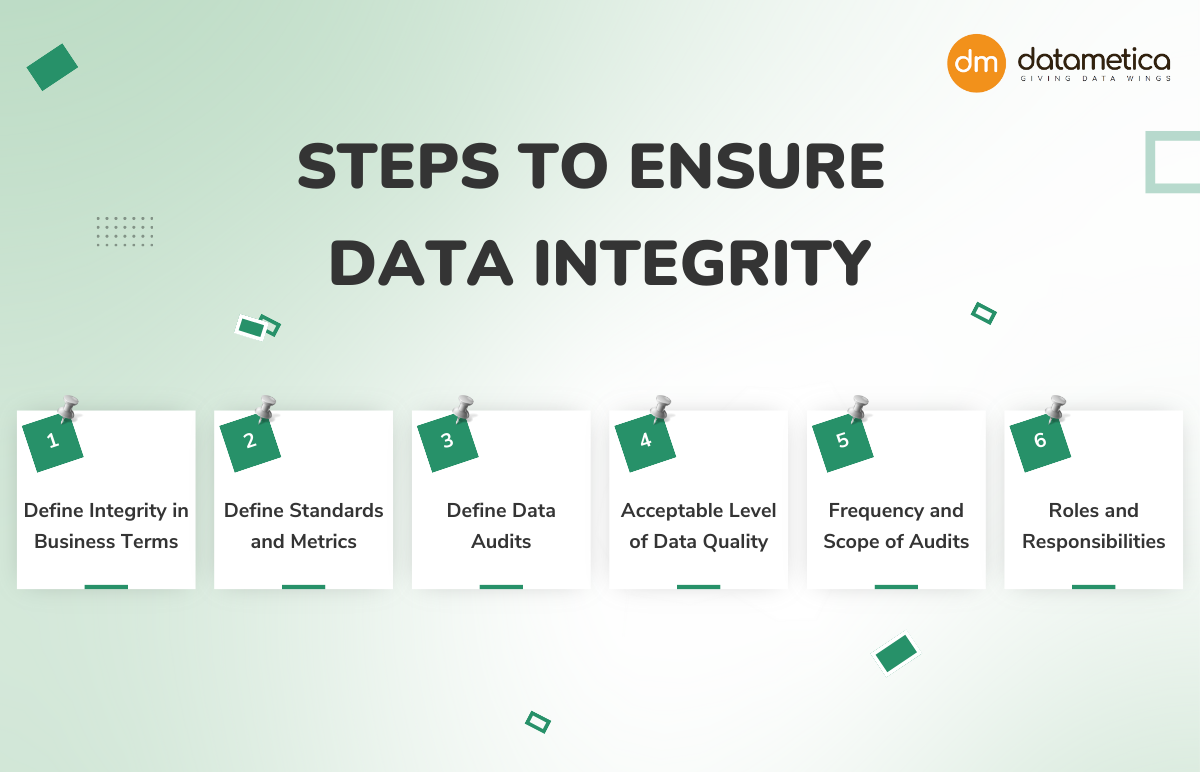
-
Define Integrity in Business Terms:
Start by clearly defining data integrity in the context of your business. This definition should encompass the precise criteria for data accuracy, consistency, and reliability, aligning with your organization’s objectives and compliance requirements.
-
Define Standards and Metrics:
Establish concrete standards and metrics to quantify data integrity. These metrics might include error rates, data completeness, and adherence to data validation rules.
-
Define Data Audits:
After every recovery process, conduct systematic data audits. These audits are crucial for detecting any anomalies or discrepancies that might have occurred during the recovery process.
-
Acceptable Level of Data Quality:
Set clear benchmarks for what level of data quality your organization finds acceptable. This establishes a threshold for data integrity and ensures uniform data quality across recovery and operational processes.
-
Frequency and Scope of Audits:
Determine the frequency and scope of data audits. Audits should encompass critical data and processes essential for business operations.
-
Roles and Responsibilities:
Assign roles and responsibilities for managing data integrity during disaster recovery. This ensures accountability and a structured approach to data validation.
Technical Capabilities of Pelican – The Validator
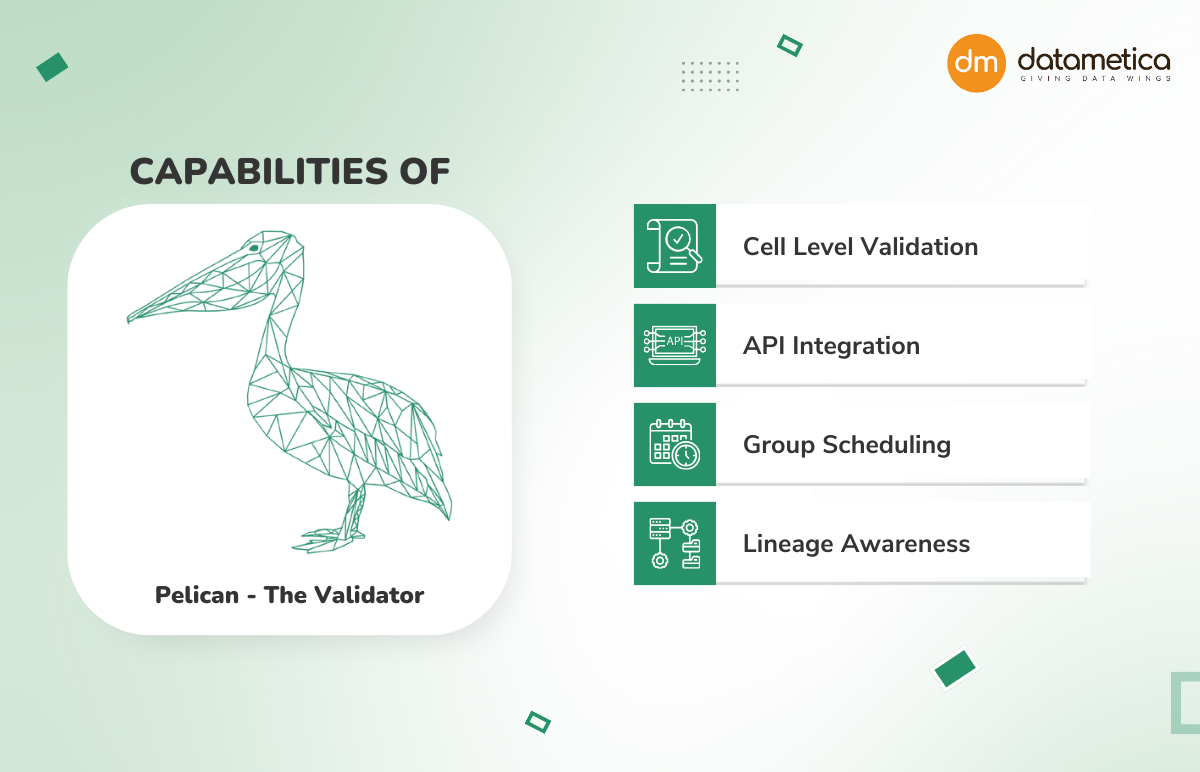
Pelican, Datametica’s AI-powered automated data validation technology, has a range of capabilities that can significantly evaluate your data integrity management when it comes to data availability testing and disaster recovery. Here are a few ways Datametica’s Pelican can help you safeguard your data.
-
Cell Level Validation
Pelican offers the unique ability to validate data at the cell level, ensuring that every piece of data aligns accurately and consistently between your disaster recovery (DR) and production/test environments.
-
API Integration
Seamlessly integrate Pelican’s APIs with your enterprise scheduler for orchestration of complex test cases
-
Group Scheduling
Pelican empowers you to group critical tables, mimic a data pipeline and validate the entire chunk of tables together
-
Lineage Awareness
Leveraging Pelican’s lineage awareness feature, you can track the origin of error in your data pipeline tables executed as a group
Putting Pelican into Action
Here’s a detailed guide on how you can leverage Pelican to safeguard data integrity during disaster recovery:
-
Validate Data Integrity
Pelican performs data integrity validation between your DR and production/test environments. This step verifies that the data is both accurate and consistent in both locations.
-
Accuracy in Data Restoration
During the recovery process, Pelican plays a crucial role in ensuring the accuracy of data restoration from your DR copy or location.
-
Validate Critical Data
Identify and categorize your business-critical tables and data pipelines. With Pelican, you can create group schedulers tailored to these critical elements.
-
Execute Schedulers
Activate Pelican’s schedulers to validate data between your DR (source) and production/test environments (target). This process is instrumental in detecting any inconsistencies or errors between your source and target databases. This enables businesses to be extra sure about their DR database.
-
Regularly Schedule and Repeat
Set up recurring schedules to repeat the validation process at regular intervals. By doing so, you continuously verify the integrity of your test environment (source) and production environment (target). This also ensures that during any case of disaster or data loss, your back-up DR is upto date, and your lost data can be accurately recovered.
Pelican Has Your Back
In the fast-evolving world of data-driven business, safeguarding data integrity during disaster recovery is not a choice but a necessity. Pelican’s technical capabilities, including cell-level validation, API integration, group scheduling, and lineage awareness, position it as a vital asset for ensuring data reliability during recovery. By implementing a robust data integrity strategy and leveraging Pelican’s capabilities, businesses can mitigate risks related to data loss or corruption, ensuring business continuity amid unpredicted disruptions. In a data-centric landscape, Pelican shines as an invaluable tool, simplifying data validation, championing data integrity, and supporting disaster recovery. Its comprehensive data audits and adherence to industry standards make it an outstanding choice for businesses seeking a seamless, compliant, and efficient solution. Strengthen your data integrity practices today and secure your organization’s data integrity with Pelican.
Datametica is a global leader in data warehouse modernization and migration. With our advanced, state-of-the-art automated suite, we’ve helped numerous businesses transition smoothly to cloud technology. Get in touch with us now to learn more about Pelican’s AI capabilities for a stress-free migration.
.
.
.
About Datametica
A Global Leader in Data Warehouse Modernization & Migration. We empower businesses by migrating their Data/Workload/ETL/Analytics to the Cloud by leveraging Automation.

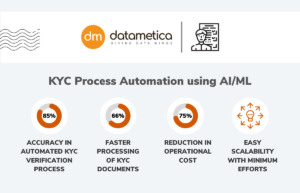
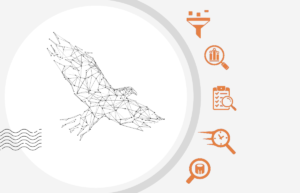
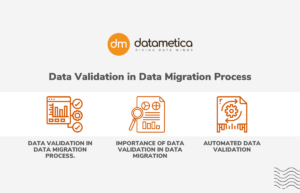
One Comment